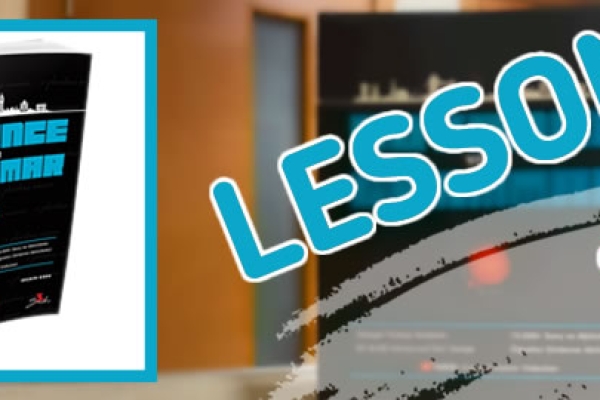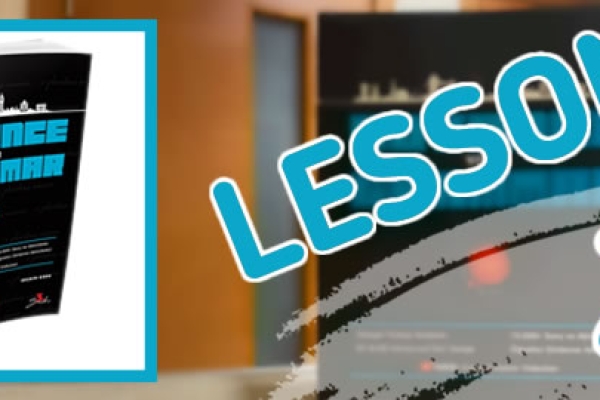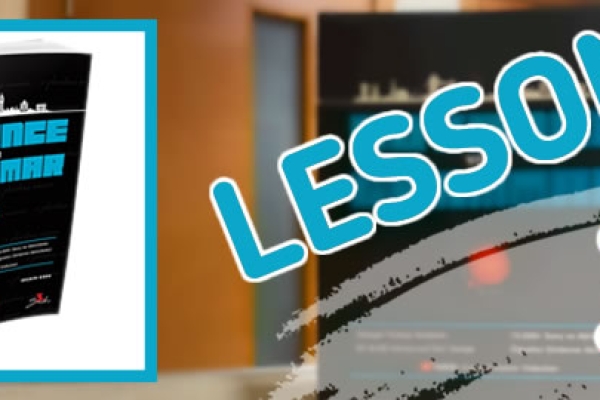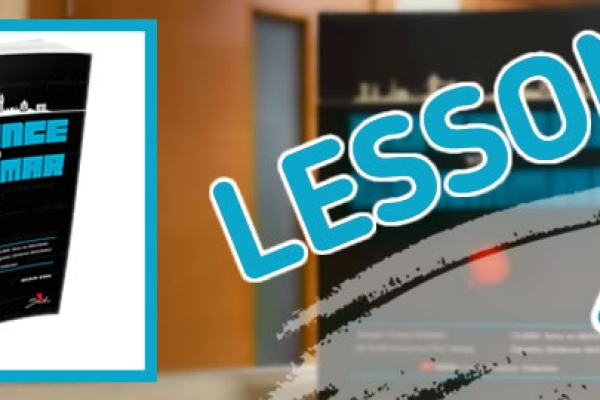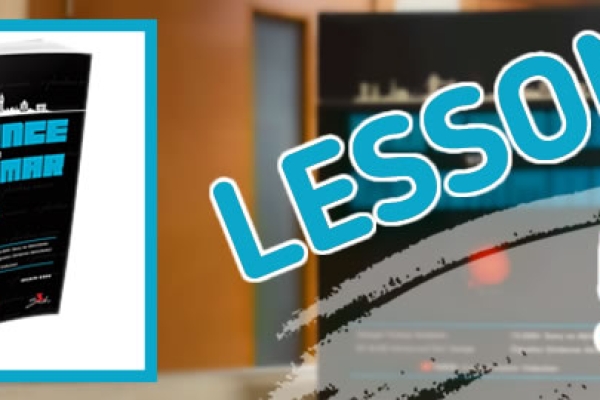Summary Comparison: Subjunctive Mood
The subjunctive mood in English is used to express wishes, suggestions, demands, hypothetical situations, or actions that are not necessarily real but are imagined, desired, or required. It is often used after certain verbs, adjectives, and nouns to indicate that the action is uncertain, desired, or hypothetical. In contrast to the indicative mood, which presents facts or certainty, the subjunctive mood is used to express uncertainty or subjectivity.
1. Wishes, Desires, or Hypothetical Situations – Subjunctive for Imagined or Desired Actions
When expressing wishes, desires, or hypothetical situations, the subjunctive is often used to show that the action is not certain or real but desired or imagined.
-
Example:
I wish that he were here.
(This expresses a hypothetical situation. The speaker is not stating a fact but wishing for something that is not currently true.)
Explanation: In this sentence, "were" is used in the subjunctive mood. The verb "were" is used instead of "was" because it’s a hypothetical or unreal situation. The subjunctive is required here to express a wish.
2. Suggestions, Recommendations, or Requests – Subjunctive with Verbs like "Suggest" or "Recommend"
The subjunctive is often used after verbs that express suggestions, recommendations, or requests. These verbs suggest actions that are desired or recommended but not yet realized.
-
Example:
I suggest that he study harder.
(This expresses a suggestion. The speaker is recommending that he study more, but it is not certain or real that he will.)
Explanation: In this case, "study" is in the base form of the verb, which is typical in the subjunctive mood after verbs like "suggest," "recommend," or "insist." The action has not happened yet, and the speaker is simply making a recommendation.
3. Demands or Commands – Subjunctive with "That" Clauses
The subjunctive mood is commonly used after verbs or adjectives expressing demands, commands, or the necessity for something to be done. This is often seen in formal contexts.
-
Example:
The teacher demands that he be on time.
(This expresses a command, and "be" is in the subjunctive form.)
Explanation: "Be" is in the base form because the verb "demands" is a trigger for the subjunctive mood. In this case, it’s a formal demand, and the action is not a certainty but something that is required.
4. After Certain Adjectives – Subjunctive to Show Necessity, Importance, or Urgency
Certain adjectives, such as important, essential, necessary, and urgent, can trigger the use of the subjunctive when followed by a "that" clause. These adjectives express something that is necessary or urgent, and the subjunctive is used to indicate that the action is desired or required, not real.
-
Example:
It is important that she be here on time.
(This indicates necessity. The speaker is emphasizing that it is important for her to be here on time, but this has not yet happened.)
Explanation: "Be" is in the subjunctive form because "important" triggers the subjunctive mood. This structure shows that the action is necessary, but it is not a statement of fact—it is something hoped for or required.
5. Hypothetical or Unreal Conditions – Subjunctive with "If" Clauses
The subjunctive is used in if clauses that express hypothetical or unreal conditions, often referring to situations that are contrary to fact.
-
Example:
If I were you, I would take that job.
(This expresses a hypothetical situation. The speaker is imagining what they would do in an unreal or impossible situation.)
Explanation: "Were" is used in the subjunctive form instead of "was" because it refers to an unreal or hypothetical situation. In the indicative mood, we would say "I was," but in the subjunctive, we use "were" to express an imaginary condition.
6. In Conditional Sentences – Subjunctive for Conditions that Are Unlikely or Impossible
The subjunctive is used in conditional sentences that express a condition that is unlikely, impossible, or hypothetical.
-
Example:
If he were to ask me, I would say yes.
(This expresses an unlikely or hypothetical situation—what would happen if something improbable occurred.)
Explanation: "Were" is used in the subjunctive mood to show the hypothetical nature of the condition. The action has not happened yet, and it is an imagined possibility



